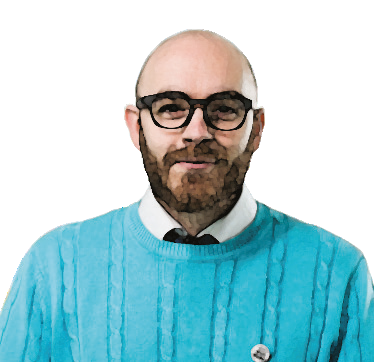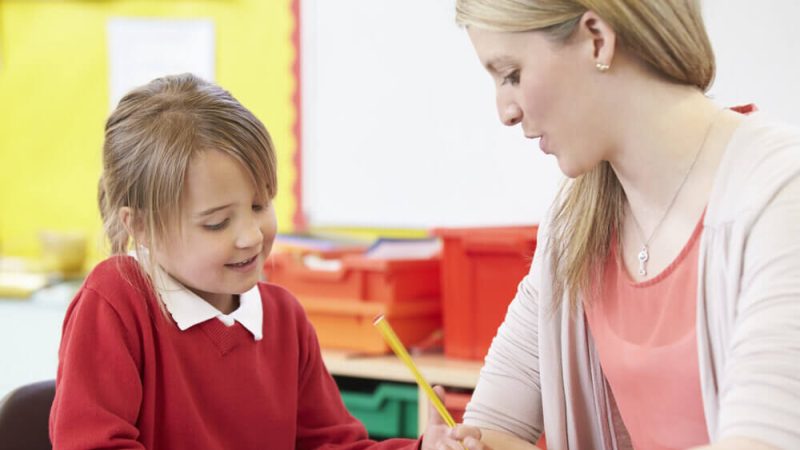“A Chance Canoeing Encounter With A Radical Marxist Teacher Changed My Life”

Us teachers are in a position where by giving a kid two minutes of our time, we might be able to alter the direction of his life. We are more powerful than we realise.

- by Jonny Walker

Memory has a weak relationship with salience; mine does, at least. I remember a Year 10 geography lesson on the role of John Madejski in the regeneration of Reading not because it changed my life, or taught me anything in particular; I remember it happening because my brain plucks certain factoids out at will and commits them to the long-term without my permission.
In this same way, things that turned out to be incredibly significant – fateful even – passed by without stirring any suspicion of their gravity at the time. When I was about eight, I had confused the meaning of the word ‘guilty’, thinking it meant ‘unwell’, so I would unnerve teachers by approaching them at their desk, sobbing inconsolably, holding my stomach and telling them I felt “really guilty”.
My subsequent realisation of this error was so embarrassing to me that it nudged me towards a bitter desire to know what words meant, and I still can’t let one go by if I don’t get its meaning.
When I was on a Year 9 water sports trip, I ended up sharing a canoe with a teacher I didn’t know. As we paddled idly downriver for a few hours, chucked together by either fate or my socially aberrant positioning with my peers, this teacher chatted to me about radical Marxism, the social class system and education.
Sensing my enthusiasm, he suggested that when I got to A Level, I would want to take Sociology with him. I did. I loved Sociology, and aced it. I studied it at university and on into a Masters. And all this because there was an odd number of kids on a canoeing activity one day in 2004.
What that teacher did was simple. He gave a helping hand.
He could have bantered away about something inconsequential, or paddled placidly in silence, but he chose to engage me in some diluted interpretation of Antonio Gramsci’s Prison Notebooks.
I wanted to go on the visit again the year after, and my school said I could as long as I fundraised my place. My basketball coach said that if I would help run the kids’ basketball sessions with him on a Saturday, this could pay for the visit.
Again, through someone going slightly out of his way to do something decent by one of his kids, he gave me an opportunity that went on to shape the next few years of my life. The coaching led me ultimately to teaching.
It’s easy to overlook those little moments when somebody took a decision to do something decent for us. I try to remember this now I’m a teacher.
While I may gripe over restrictive curricula, mindless green papers and illogical policies, I am still in a position where by giving a kid two minutes of my time, I might be able to alter the direction of his life. It’s the same for us all. We are more powerful than we realise.
For example, one day in 2015 while I was reading my new kids a story, a close-to-six-foot-tall figure appeared at my classroom window. He was standing outside in a secondary-school blazer, holding a basketball, hanging about just to say hello. It was a boy who four years prior was in my first literacy class, a quirky group of Year 4s.
Memories of what my old basketball coach had done for me came flashing back. I let him know that I could use a hand with my KS2 basketball club if he wanted to help. He jumped at the chance (literally) and now he comes back once a week and runs half the session.
Thinking back on our own experiences can sometimes simplify things for us as teachers. Maybe some children do need a rigorous, year-long reading intervention, but perhaps some just need us to talk with them for a few minutes in the lunch queue to let them know that we can’t wait to see their name in print one day.
Ideas are fed, memories made and life-plans formed from the fragments of remembered conversations, and while we can’t know what will prove to be salient to our pupils, we can always take a simple opportunity to share a listening ear, some thoughtful words and a helping hand every now and again.
Jonny Walker teaches Year 5 and is geography coordinator at Elmhurst Primary School in Forest Gate. See his blog at jonnywalkerteaching.wordpress.com.







